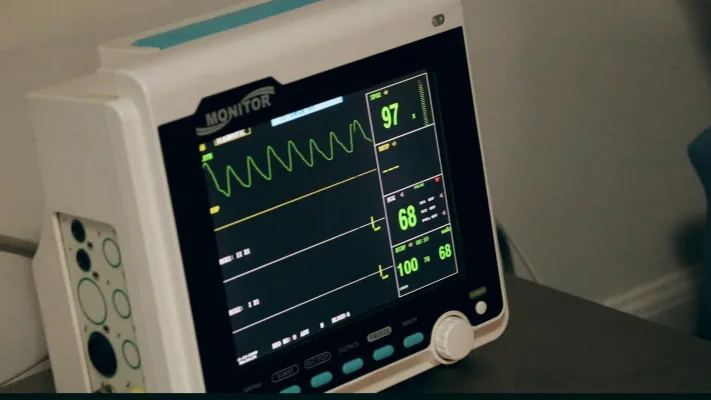

Our Services
Electrocardiography, or ECG, is a diagnostic test that is
performed to evaluate the electrical activity of the heart. It
is a non-invasive test that records the electrical signals
produced by the heart as it beats, and can provide important
information about the heart's rhythm, rate, and overall
function.
ECG procedure involves placing small electrodes on the skin of
the chest, arms, and legs, which are connected to a machine that
records the electrical signals produced by the heart. The test
is painless and typically takes only a few minutes to complete.
The ECG test can provide important information about a patient's
heart health, including:
- The heart's rhythm and rate
- The presence of abnormal heartbeats or arrhythmias
- Signs of damage to the heart muscle, such as from a heart
attack
- Signs of enlargement of the heart
- Signs of a blockage in the heart's blood vessels
ECG is a useful tool for diagnosing a variety of heart
conditions and is often used to help diagnose or monitor
conditions such as heart disease, heart attack, heart failure,
or arrhythmias. Results from the ECG can help guide treatment
decisions and may indicate the need for further testing or
intervention. Overall, ECG is an important diagnostic tool for
evaluating heart health in a clinic setting, and is routinely
used to help diagnose and manage a wide range of cardiovascular
conditions.
Our Services